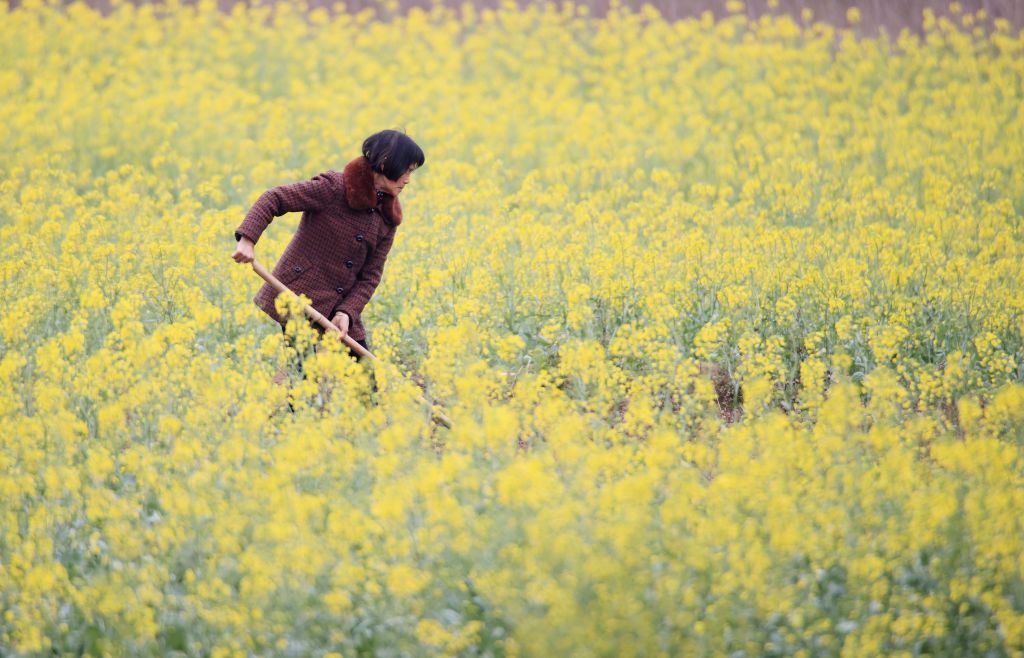In This Episode
Too often our stories about China are dictated by the urban experience, probably because journalists inside and outside of China are often based in the big cities; Beijing specifically. Those who live in the cities also tend to be more educated, more privileged, and so able to dominate the global attention more.
That’s why I’m particularly keen to hear about the lives of those who still live in the countryside, or at least are still considered ‘rural residents’ by the Chinese government. They make up a sizeable proportion of the population, and you’ll hear that in my first question to my guest today, we discuss just how big this group is.
How do the poorest in China live today, considering the government has announced that there is no more extreme poverty? Just how wide are their gaps in living standards, education, health, compared to their compatriots who live in the cities?
Professor Scott Rozelle joins me on this episode. He is the co-director of the Stanford Center on China’s Economy and Institutions, a developmental economist who has been conducting research in China for over three decades. He is also the co-author of Invisible China: How the Urban-Rural Divide Threatens China’s Rise.
Further listening from the archive:
Second class citizens: the lives of China’s internal migrants: https://www.spectator.co.uk/podcast/second-class-citizens-the-lives-of-chinas-internal-migrants/
Is China turning away from the world?: https://www.spectator.co.uk/podcast/is-china-turning-away-from-the-world/
Produced by Cindy Yu and Joe Bedell-Brill.






Comments
Join the debate, free for a month
Be part of the conversation with other Spectator readers by getting your first month free.
UNLOCK ACCESS Try a month freeAlready a subscriber? Log in